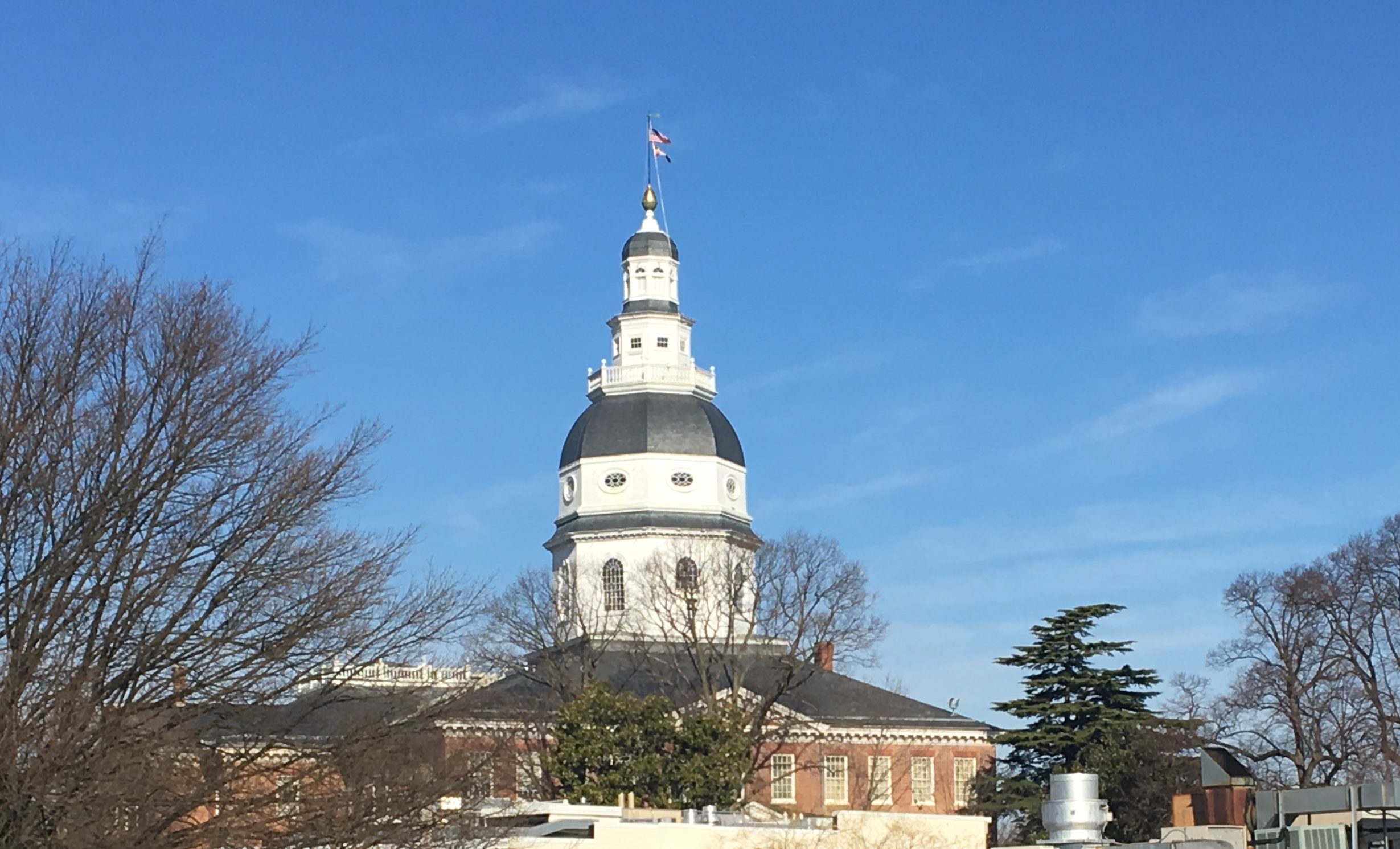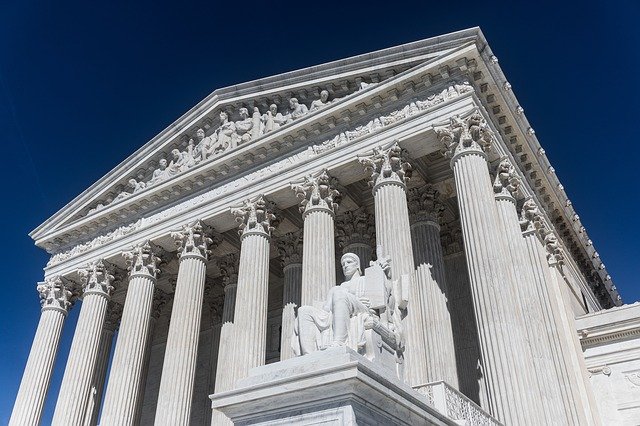Supreme Court appears divided over obstruction law used to prosecute Jan. 6 defendants
If the court strikes down a law used to charge Joseph W. Fischer and other Jan. 6 rioters, a maximum 20-year prison term would be off the table for Jan. 6 prosecutions and two of former President Donald Trump’s federal charges would have to be dropped.
In the most in-depth Jan. 6-related case before the high court yet, the justices heavily questioned the scope of the obstruction law and its applicability to Jan. 6 defendants.
The case comes a week before justices hear oral arguments over whether Trump is immune from prosecution altogether.
Notably, Justice Clarence Thomas – whose wife, Ginni Thomas, was in touch with White House officials after the 2020 election in efforts to support the overturning of the results – did not recuse himself from Fischer’s case.
The Department of Justice charged Fischer with seven crimes, including violating Section 1512(c), which penalizes anyone who destroys or conceals documents with the intent to affect official proceedings or “otherwise obstructs, influences, or impedes any official proceeding, or attempts to do so.” The law carries a maximum 20-year prison term.
Jeffrey Green, who argued on behalf of Fischer, a former Pennsylvania police officer, claimed that the obstruction statute should be read more narrowly as it has a focus on evidence and investigations.
The government had a broader interpretation of the law. Solicitor General Elizabeth Prelogar told the justices: “The case as it comes to this court presents a straightforward question of statutory interpretation: Did (the) petitioner obstruct, influence or impede the joint session of Congress? The answer is equally straightforward. Yes, he obstructed that official proceeding.”
A great portion of the arguments revolved around the “otherwise” portion of the law, which has statutory history.
Chief Justice John Roberts defined “otherwise” in a narrow light, meaning “in other ways.”
In Begay v. United States, the court ruled on the usage of the term “otherwise” in the Armed Career Criminal Act. Roberts ultimately ruled in favor of the majority’s narrower reading, while Thomas and Justice Samuel Alito did not – an indication that the conservative wing of the court may be split on the issue.
Green used Begay as part of his argument Tuesday, which prompted a response from Alito.
“Well, I’m not a fan of Begay. Some of us perceived at that time that there were problems, different problems, with what the court did there,” Alito said. “…We need to find out what are the outer reaches of this statute under your interpretation.”
Justice Elena Kagan clearly expressed her reading of “otherwise,” saying that the writing of the statute is not about precision, but rather what “otherwise” covers from the first half of the statute.
“Similar conduct, obstruction of a proceeding, different ways of carrying out that similar conduct, which is obstruction of a proceeding,” Kagan said. “The statute tells you what the similar conduct is right on its face.”
Numerous justices posed hypothetical scenarios in assessing what acts are covered under the obstruction statute.
“So what if on Jan. 6 the Capitol itself had not been breached,” Justice Amy Coney Barrett asked Prelogar, “the protest is going on outside the Capitol, ‘stop the steal, stop the steal,’ police are, you know, in megaphones saying, ‘disburse, disburse,’ they are too close to the Capitol, their goal is to impair, impede, stop the proceeding, stop the counting of votes. Does that violate the statute in your view under this impede language?”
Thomas, who returned to the bench after an unexplained absence Monday, questioned the applicability of the statute in question in other cases involving a protest.
“General, there have been many violent protests that have interfered with proceedings. Has the government applied this provision to other protests in the past, and has this been the government’s position throughout the lifespan of this statute?” Thomas asked Prelogar.
“It has certainly been the government’s position since the enactment of 1512(c)(2) that it covers the myriad forms of obstructing an official proceeding and that it’s not limited to some kind of evidence impairment gloss,” Prelogar responded. “We have enforced it in a variety of prosecutions that don’t focus on evidence tampering.”
Barrett also raised the larger question of whether potential First Amendment challenges arise from obstruction law.
“The government wants to unleash a 20-year maximum penalty on potential peaceful protests. That in and of itself is a bad idea because it’s going to chill protected activities,” Green said. “People are going to worry about the kinds of protests they engage in, even if they’re peaceful, because the government has this weapon.”
Over 20 members of Congress filed a brief in support of Fischer, including Sen. Tom Cotton, R-Arkansas, and Republican Reps. Jim Jordan of Ohio, Matt Gaetz of Florida and Marjorie Taylor Greene of Georgia.
Trump’s presidential immunity case is scheduled to come before the high court on April 25.
The Supreme Court is expected to rule on Fischer’s case in June.

Capital News Service is a student-powered news organization run by the University of Maryland Philip Merrill College of Journalism. With bureaus in Annapolis and Washington run by professional journalists with decades of experience, they deliver news in multiple formats via partner news organizations and a destination Website.

